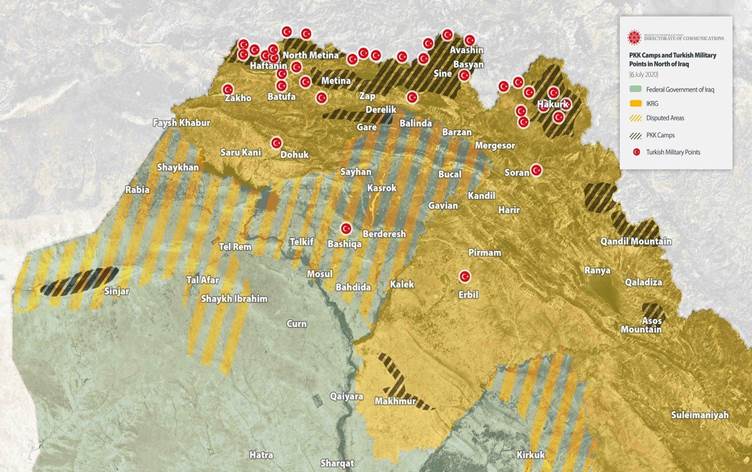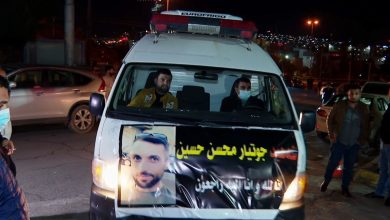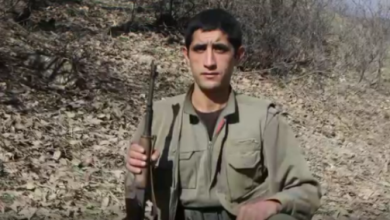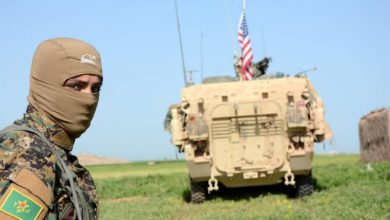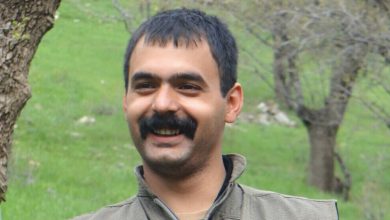by Farhang Faraydoon Namdar for nationalinterest.
Turkey has failed to contain the PKK despite having the second most powerful military in NATO. This, in turn, has had Ankara adopt a three-phased strategy of building a narrative that can facilitate Turkish objectives through nonmilitary means.
After four decades of fighting, almost 40,000 casualties, and billions of dollars spent, Turkey has failed to contain Kurdistan Workers’ Party (PKK). Despite many cross-border operations, the group seems as resilient as ever. Now, Turkey is employing a new strategy: seeking to achieve military victory by conducting military operations that create anti-PKK narratives. Iraqi Kurds are now on the brink of a civil war with the PKK due to a nebulous incident, which stands to only damage the PKK’s struggle for Kurdish freedom. As an insurgency, the group breeds via its popularity; its strength and success depend on it. Consequently, Turkey’s new strategy is designed to contain the PKK by attacking its popularity, striking at the group’s main source of strength. As Kurdish history is fraught with fratricide, Ankara believes this can be easily sold.
The PKK and its affiliated organizations control strategic territories in Iraq, Syria, and to a lesser extent Iran and Turkey. The PKK is designated as a terrorist organization by Turkey, the United States, and many Western states. That a senior Kurdish leader recently stated that Turkey has asked Iraqi Kurdish parties to label the PKK a terrorist organization shows how Ankara wants to use this designation to undermine the PKK’s legitimacy. Nonetheless, an increasing number of people still subscribe to PPK’s narratives.
Given Turkey’s military history with the PKK, Ankara is convinced that military means cannot eliminate the insurgency. Thus, Turkey has begun crafting a narrative to weaken the group’s support among the Kurds and the broader world. The first phase of the strategy is a military operation that is conducive to creating a new narrative.
For instance, Turkey recently targeted a refugee camp near Erbil, the KRI’s capital city. U.S. ambassador to the United Nations Linda Thomas-Greenfield vehemently condemned the strike. Erdogan called the camp a threat, as grave as Qandil, where the PKK’s headquarters are located. The camp harbors PKK members, however, it is unclear how the camp could threaten Turkey when it lies 180 kilometers south of the Turkish border. The strike on Makhmour was possibly to distance Turkey from a major strike that happened on the same day.
In a strike, five Peshmerga from Iraqi Kurdistan were killed in a military vehicle near Erbil. The incident brought Kurdish authorities and the PKK to the brink of a civil war. The Peshmerga have lately positioned themselves near Qandil to limit the Turkish-PKK war to the mountains. Even though it was a surgical strike, it promoted a wide anti-PKK narrative. The KRI’s Prime Minister Masrour Barzani held the PKK responsible for the killing of Peshmerga members. The statement was followed by a similar one from Iraqi President Barham Salih, a Kurd, which questioned the legality of the group’s presence in the region.

